The Winnipeg Foundation is working toward goals outlined in its 2023-2026 Strategic Plan
In February, The Foundation released an ambitious new strategic plan, which outlines organization-wide shifts in everything from staffing structure to how to best support community. We caught up with Megan Tate, Vice President of the Community Impact department (formerly Community Grants) at The Winnipeg Foundation, for her view of what’s changing, and why.
The Winnipeg Foundation (TWF): Your team has a new title; can you explain the significance of this change?
Megan: The department has changed its title from Community Grants to Community Impact. This change reflects the philosophy that, while grantmaking is an important way to support community, we are looking at other tools we can use, from agency endowment funds, which community organizations have unrestricted access to, to leveraging the skills and knowledge that exist within The Foundation to support organizations.
TWF: Can you expand on some of the new ways The Foundation is working to support community?
Megan: The Winnipeg Foundation will always be committed to supporting the projects of individual community organizations, but capacity building across the non-profit and charitable sector is really important too. Community non-profits alone contribute $1.3 billion to Manitoba’s economy, and more than 100,000 people work in the non-profit sector across the province! This is part of the systems change outlined in our new strategic plan; the sector needs to be supported to be able to serve community, and it needs to be acknowledged that it meaningfully contributes to our province in terms of jobs, services, and economic impact.
TWF: The Strategic Plan outlines goals of increasing community well-being in an area within Winnipeg defined as the Community Area for Revitalization and Equity (C.A.R.E.) as well as focusing on kids in care. Can you further describe these goals?
Megan: We are continuing to have conversations with organizations working in the C.A.R.E. area and are learning more about supporting their work. The challenges in that area are very visible, but what is less obvious is the real sense of community that exists – there is a lot of knowledge held by people with lived experience of homelessness, addiction, and poverty, many of whom are working in the area. In terms of kids in care, we know from End Homelessness Winnipeg’s 2022 Street Census that a significant portion of people who are unhoused have spent time in the child welfare system. We want to support families and avoid having children enter the family welfare system in the first place, and we want to support better outcomes for those youth aging out of care. These interconnected goals are an inherent aspect of The Foundation’s vision of Winnipeg being a city where community life flourishes for all.
TWF: The Foundation is still in the process of realizing the unprecedented Bergen gift, how do you see this gift transforming The Foundation’s work?
Megan: The Bergen gift is such a special gift to our community in that it is ‘unrestricted.’ This means once the gift is realized and we can start grantmaking, we can address urgent issues in our community today. It also means that 25 years from now, when someone else is sitting in my chair, we’ll be able to address challenges we haven’t even considered today. The first community fund gifts in the 1930s would have been used to help people suffering during the great depression, in the 1950s it was helping kids with polio, in the 1970s community funds supported refugees from Vietnam… We don’t know what our community will need in 25 years, but we do know, thanks to the Bergen gift, that The Foundation will be able to help.


